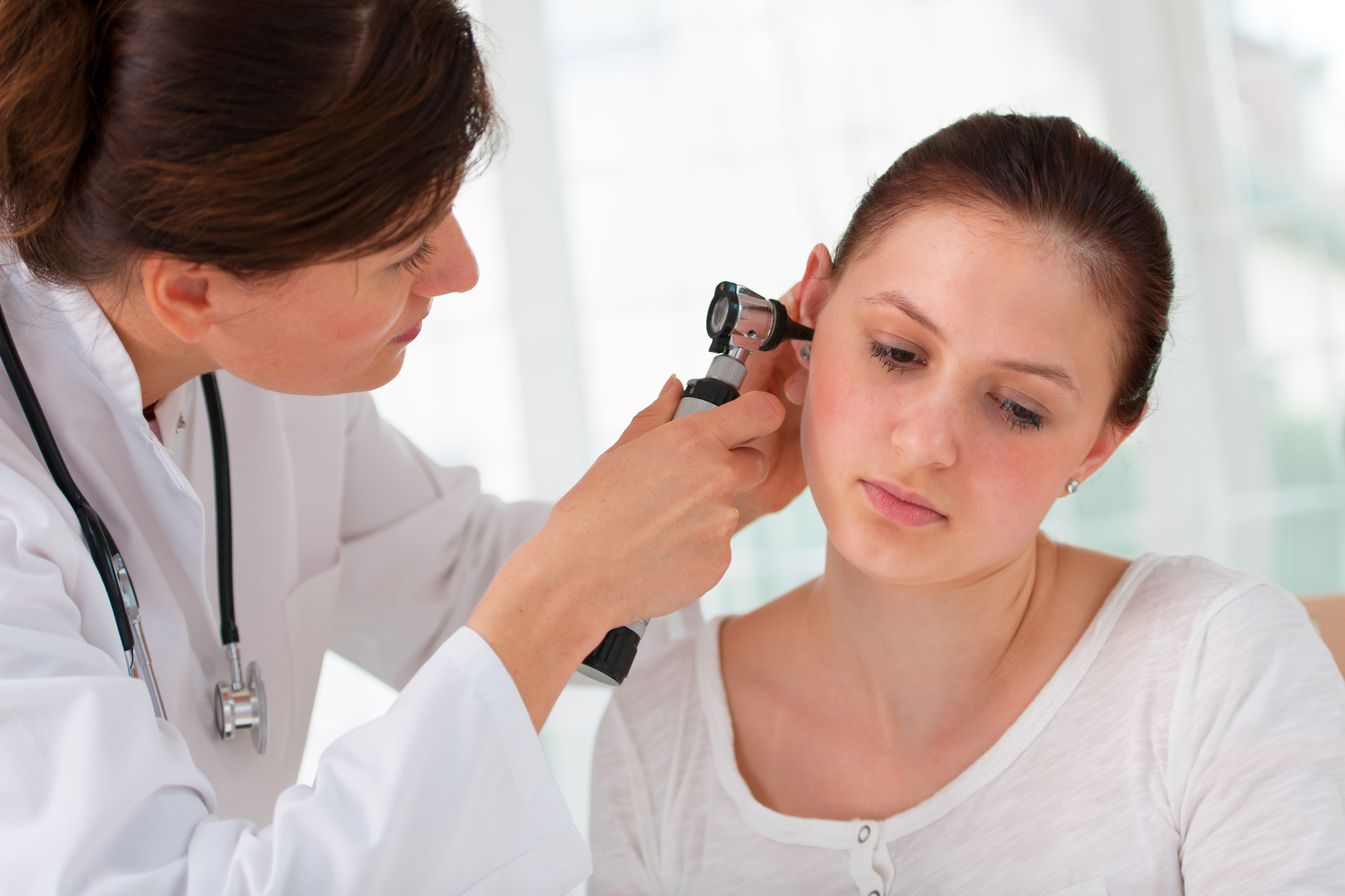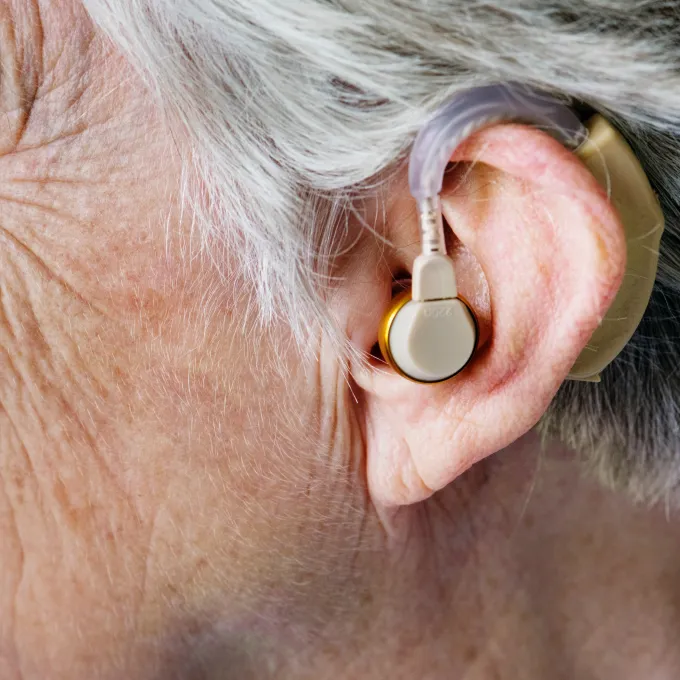Professions focused on aiding those with hearing and speech impediments include audiology, speech-language pathology, and speech, language and hearing scientist.
Audiologists are experts in the non-medical management of the auditory and balance systems. They specialize in the study of normal and impaired hearing, prevention of hearing loss, identification and assessment of hearing and balance problems, and rehabilitation of persons with hearing and balance disorders. Audiologists frequently work with other medical specialists, speech-language pathologists, educators, engineers, scientists, and allied health professionals and technicians. Working with the full range of human communication and its disorders, speech-language pathologists evaluate and diagnose speech, language, cognitive-communication and swallowing disorders and treat speech, language, cognitive-communication and swallowing disorders in individuals of all ages, from infants to the elderly.
Speech-language pathologists often work as part of a team, which may include teachers, physicians, audiologists, psychologists, social workers, rehabilitation counselors and others. Corporate speech-language pathologists also work with employees to improve communication with their customers. Providing the research on which clinicians base their methodology, speech, language and hearing scientists investigate the biological, physical, and physiological processes of communication, explore the impact of psychological, social, and other factors on communication disorders, develop evidence-based methods for diagnosing and treating individuals with speech, language and hearing problems, as well as collaborate with related professionals (such as engineers, physicians, dentists, educators) to develop a comprehensive approach to diagnosing and treating individuals with speech, voice, language and hearing problems. As with audiologists and speech-language pathologists, research scientists are educated in their specific area of interest. However, while clinicians can practice with a master's degree or clinical doctorate, scientists must earn a research doctorate.

